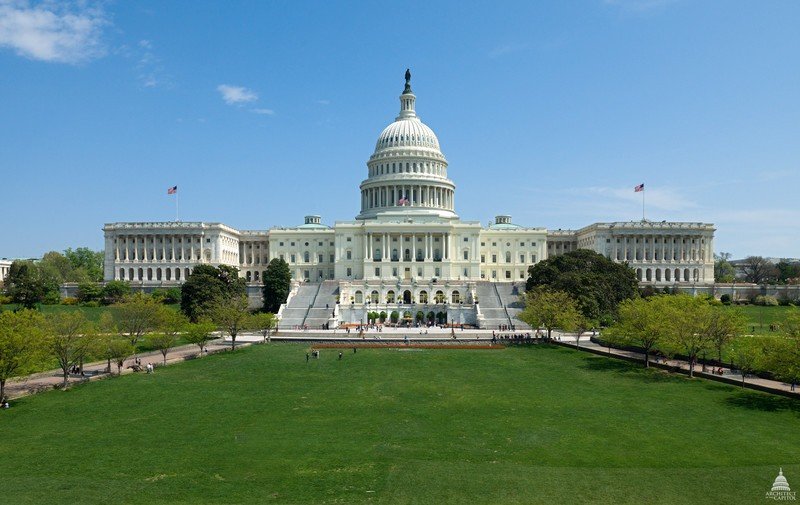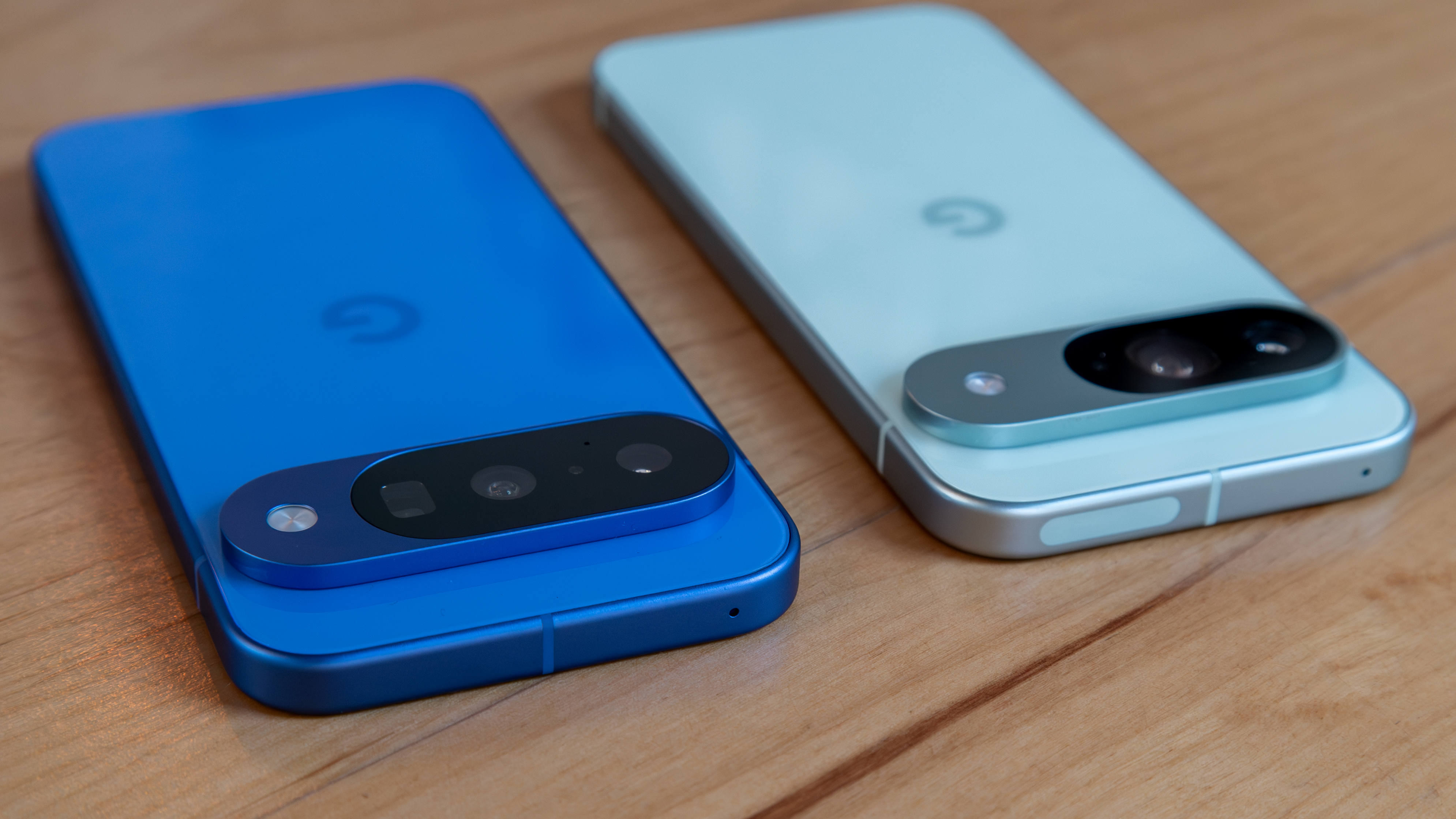Canada's government is opening a research center for AI safety. The US should do the same.
Guardrails are important.


One of the web's longest-running tech columns, Android & Chill is your Saturday discussion of Android, Google, and all things tech.
The Canadian government is opening the Canadian Artificial Intelligence Safety Institute, making it one of the first countries to do so after world leaders agreed at a summit in Seoul last May that a network of publicly funded safety institutes was needed to study and test AI. The center will cost "only" 50 million CAD over five years, with funding to come from the 2.4 billion earmarked for AI funding in the current federal budget.
I'm in firm agreement that this is a necessity and well worth the cost. Governments often spend too much money and bog down good ideas in red tape and bureaucracy, but the alternative of allowing the likes of Google and OpenAI to determine what's best will only lead to more profits, not what's best for the public at large. Something must be done because AI is worth doing right and can bring about more improvements than smartphone gimmicks.
Canada's Minister of Innovation, Science and Industry François-Philippe Champagne says it succinctly:
"If you want people to adopt it, they need to have trust. If there's no adoption, we will squander the incredible potential of many new technologies."
This is an idea the United States — and most other countries with enough resources — needs to clone. I'd suggest going a step further and adding a cabinet position for a true Czar of AI and Future Technologies, but everything starts with small steps. AI is not going away, and allowing the tech to explode without proper guidelines and, dare I say, laws that govern its use is a dangerous and stupid idea.
There are countless small or individual state-funded groups that study AI and its "proper" use cases, but a centralized department that oversees and coordinates costly studies and research would be beneficial. Simply put, a country that does not take this technology seriously will play second fiddle to the countries that do.
With a new presidential administration, changes to what we are currently doing — not much aside from a Biden Executive Order — are coming. President-elect Trump hasn't expressed much interest in any AI governance aside from abolishing said E.O. but there is a very good chance that we will see something that looks into the future and "proper" use of AI thanks to incoming Senate Majority Leader John Thune.
Get the latest news from Android Central, your trusted companion in the world of Android

Thune is, by all accounts, a conservative with very right-leaning views when it comes to regulations. However, the senior senator from South Dakota is familiar with the pros and cons of AI legislation from his time on the Commerce Committee and is not afraid to oppose Trump's agenda. He even cosponsored the Artificial Intelligence Research, Innovation, and Accountability Act with Senator Klobuchar (D-MN) to promote more transparency and risk assessment of AI's use. He sounds like he understands that AI can't be set free or that having the technology overseen by the same companies building it is a bad idea.
This is also a case where the right's obsession with China can be beneficial. China can — and will — go all-in with AI to stave off a looming economic collapse if it thinks it can help. And it certainly can. AI can be a boon to manufacturing, agriculture, the energy sector, and, of course, defense when used properly. U.S. lawmakers have a responsibility to not allow any country, especially one that is the main global competitor in almost every way, to gain an advantage because the U.S. simply didn't try to compete. When that country is China, lawmakers will see it as a badge of courage or some other nonsense to do their job. As AI-focused bills "to fight China" are introduced, Thune will make sure they get their fair share of time in front of the Senate.
Canada may be looking at AI with increased scrutiny because it's best for Canadians. The U.S. would also do it because it somehow fights "the Chinese Communist Regime." I'm OK with that in this case, and you should be, too.
Expect to see other countries open similar state-sponsored AI study centers in 2025 as well as smaller international institutes doing their own research. As mentioned, world leaders agree it's necessary. Normally, with an incoming U.S. administration that is focused on maximizing corporate profit at any expense I'd not add the USA to that list, but a few details and circumstances make me optimistic.
If we don't find a way to regulate AI, it will forever remain a mixture of parlor tricks for your phone or a way for someone to scam you out of your money while the rest of the world flourishes.

Jerry is an amateur woodworker and struggling shade tree mechanic. There's nothing he can't take apart, but many things he can't reassemble. You'll find him writing and speaking his loud opinion on Android Central and occasionally on Threads.
You must confirm your public display name before commenting
Please logout and then login again, you will then be prompted to enter your display name.
